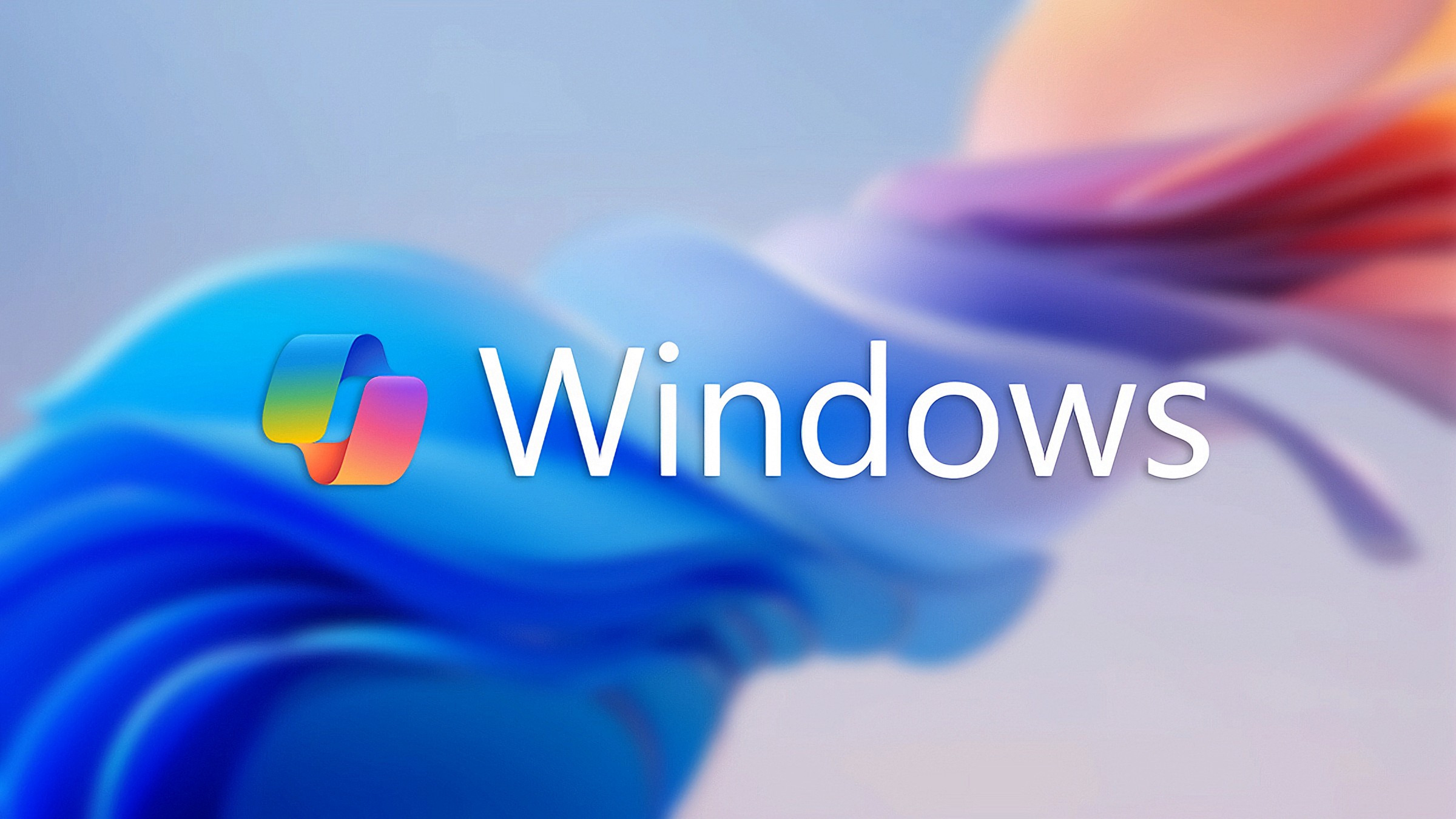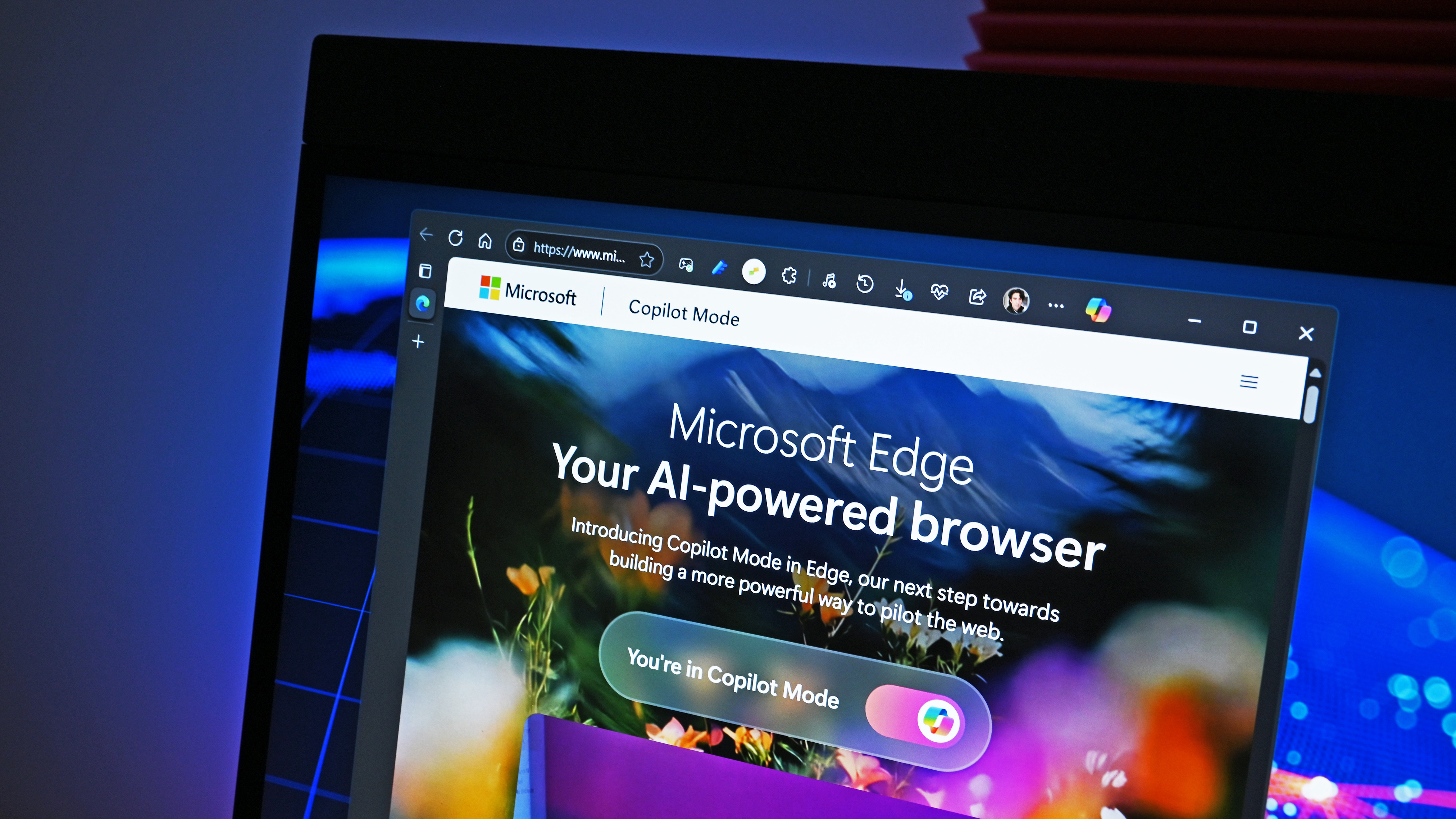Microsoft Says Future Versions of Windows Will Make Today's OS Feel Alien to Use — Hints at an Agentic OS in 2030
The company has teased multiple times that the future of Windows will be one where the OS is agentic, capable of handling entire workflows on your behalf, just by asking for it.

All the latest news, reviews, and guides for Windows and Xbox diehards.
You are now subscribed
Your newsletter sign-up was successful
Microsoft has published a new video that appears to be the first in an upcoming series of videos dubbed "Windows 2030 Vision," where the company outlines its vision for the future of Windows over the next five years. It curiously makes references to some potentially major changes on the horizon, in the wake of AI.
This first episode features David Weston, Microsoft's Corporate Vice President of Enterprise & Security, who opens the video by saying "the world of mousing and keyboarding around will feel as alien as it does to Gen Z [using] MS-DOS."
Right out of the gate, it sounds like he's teasing the potential for a radical new desktop UX made possible by agentic AI. Weston later continues, "I truly believe the future version of Windows and other Microsoft operating systems will interact in a multimodal way. The computer will be able to see what we see, hear what we hear, and we can talk to it and ask it to do much more sophisticated things."
Unfortunately, Weston doesn't elaborate further on these possible UX paradigm shifts, but it sounds like he's teasing a future where agentic AI is a primary orchestrator for the Windows OS, utilizing natural language and input from the user as a method of interacting with your computer and apps.
Microsoft has teased this as a possible future for Windows in the past. Back in 2023, the company outlined three ways it foresaw AI being integrated into software. It detailed how AI would ultimately be integrated inside of apps, beside apps, and outside of apps. The talk was presented by Microsoft technical fellow, Steven Bathiche at Build 2023.
We're yet to see AI implemented outside of apps in the real world. So far, every AI product is a feature or service that exists inside another app, or as a standalone app. We're yet to see a platform built from the ground up with AI woven through the OS as an agentic assistant that can orchestrate apps and workflows on your behalf.
It sounds an awful lot like this is where Microsoft is headed with future versions of Windows, which makes sense as agentic AI becomes more capable. The recent wave of "AI-powered" web browsers gives us our first look at what this may be like, orchestrating workflows across multiple tabs and browsing sessions on the users behalf.
All the latest news, reviews, and guides for Windows and Xbox diehards.
That vision can easily be extended to an entire desktop OS, handling apps and files instead of tabs. Take things a step further, and you'll end up replacing the cursor with your voice. Instead of manually clicking on buttons and menus to complete tasks, you'll just ask Copilot to get a task done for you.
It sounds like that's what Microsoft eventually wants to do with Windows, though Microsoft hasn't officially announced this as the plan just yet. The tidbits we have from Build 2023 and now David Weston certainly suggest this is the direction Microsoft wants to take.
In fact, CEO Satyta Nadella has also hinted at similar in the last couple of years. He's on record as claiming AI “will fundamentally change what an operating system is, what a UI looks like, and how application interaction goes," which further implies this is where Windows is inevitably headed.

But looking beyond what has been publicly said by Microsoft officials, I am aware of a secret project ongoing internally that has been tasked with exploring this very topic. This isn't just high-level visionary stuff — Microsoft has already built working prototype code that explores this very desktop UX paradigm shift.
Microsoft is in the unique position to cement its AI into the lives of millions of people by integrating it deeply across Windows. OpenAI, Perplexity, and other popular AI chat bots will always be confined to an app that the user must go to. An agentic Copilot can be more than just an app on top of Windows, it can become Windows.
Does that mean we're getting close to a radical new Windows experience with Windows 12? I don't think so, at least not right away. We're probably still a long way off from an agentic OS being mainstream, but it's clear that the ground work is already being laid. I'll have more to share on this secret project soon.
I wouldn't be surprised if the recent Copilot Mode that was just announced for Microsoft Edge is a clever way of testing some of the technology that will power this future in public, without explicitly unveiling a new version of Windows. It's still early days, after all.
In the meantime, this new Windows 2030 Vision video from Microsoft appears to be a planned series. The description of the video on YouTube suggests there will be more episodes discussing Microsoft's vision for the future of Windows in the near future. So perhaps we'll learn more in the coming weeks and months.

You must confirm your public display name before commenting
Please logout and then login again, you will then be prompted to enter your display name.

